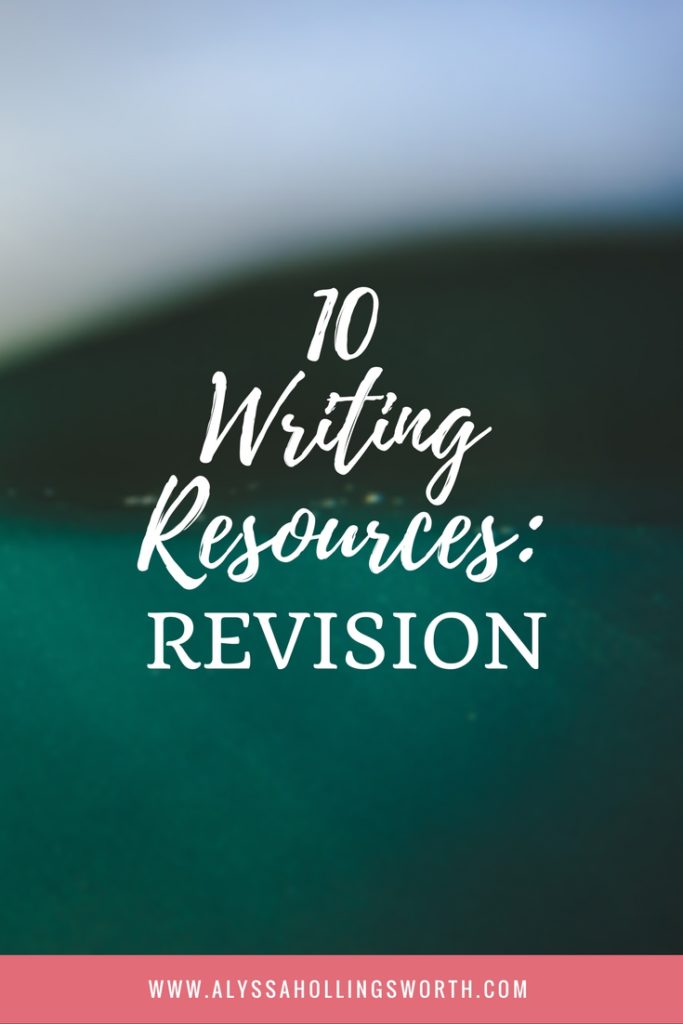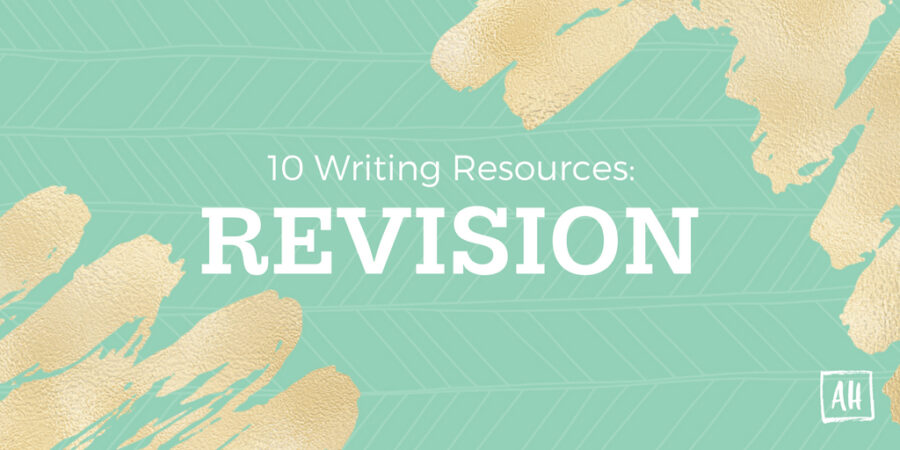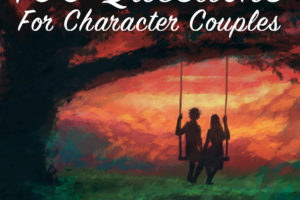 There are a lot of guides around the web for drafting, brainstorming, and actual writing, but I feel like there’s less about an equally important aspect of a writer’s life: Revision. Revision is actually my favorite part of the whole writing process, so it’s a phase I hold near and dear to my heart. But I know for a lot of people, it’s the very devil incarnate.
There are a lot of guides around the web for drafting, brainstorming, and actual writing, but I feel like there’s less about an equally important aspect of a writer’s life: Revision. Revision is actually my favorite part of the whole writing process, so it’s a phase I hold near and dear to my heart. But I know for a lot of people, it’s the very devil incarnate.
That’s why I’ve compiled some of my favorite guides for revision here. Peruse, take what you need, and get going on those edits!
1. Getting Organized to Write or Edit
For those of you who like to productively procrastinate while as part of your revision process (let’s face it, who among us does not?), this little handy guide can help you set up your writing space. Get organized and get going!
2. Your NaNo Novel is a Hot Mess! How to Edit Your Book
K.M. Weiland is one of my favorite bloggers in the writing circle. In this post, she walks you through the steps of coming to terms with the mess your draft is, and then she gives you recommendations for moving forward. Fabulous, fabulous guides in this post!
3. Getting Your Edit On
This method was recommended to me by my agent, Amber of Skylark Literary. It’s a great thorough guide for getting your thoughts in order and seeing what needs to change. For instance, you might come across a plot hole or other gap in the story. I have used this method before and found it very helpful in taking a mess of a draft into something shiny and polished. Speaking of…
4. Polish Your Prose: An Editorial Cheat Sheet
When it’s time to start, using lists like this will make your job a bit easier. Editing at a sentence level normally comes later in the revision cycle, but it’s a vital part of the process.
5. One-Pass Manuscript Revision: From First Draft to Last in One Cycle
I’m personally not convinced that you can go through one round of edits and arrive at the final draft, but this guide is very detailed, thorough, and helpful. As always, adjust what you read here (or anywhere on the internet) to your personal preferences as a writer. You’ll always need to adjust whatever advice you here to match your style (or your project’s – some need different treatment than others!).
6. 25 Things You Need to Know about Writing and Revising
*NSFW, but Chuck Wendig’s hilarious guide is a refreshing blend of funny and true. I particularly like this bit of advice: You will do more damage to your work by being merciful. Go in cold. Emotionless. Scissors in one hand, silenced pistol in the other.
7. 10 Weaknesses to Look for When Revising Your Manuscript
Sometimes when faced with the overwhelming prospect of editing, it can be hard to identify exactly what you should be watching out for. Here’s a great list to start you off!
8. Editing Tips (For People Who Aren’t Editors)
Most of the suggestions on this list deal with macro problems – the big stuff. This post does a great job at looking at those micro problems, like sentence structure, grammar, and voice.
9. 4 Ways to Cut Fluff and Boost Conflict in Your Writing
No matter what size your manuscript is, you’re going to have to do some cutting. I can almost guarantee it. This guide outlines some pretty great ways to figure out if you have fluff, with tips for how to use that manuscript space more effectively.
10. At-Home Workshop: Revise Your Novel in 31 Days
Please don’t try to full-out completely revise your novel in 31 days. Unless you’re a sparkly unicorn who doesn’t have any other life obligations, that’s going to be just a really terribly stressful experience. But this blog entry does do a good job of laying out a plan that you can copy into a checklist and modify to your needs.
What resources do you turn to when you need to start revising?


















